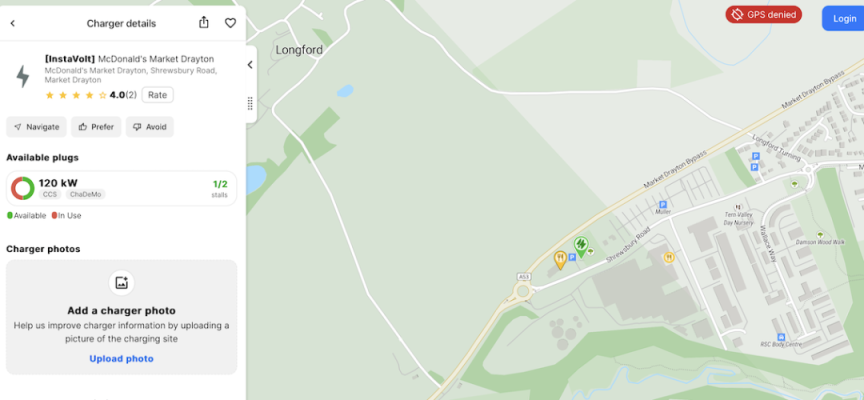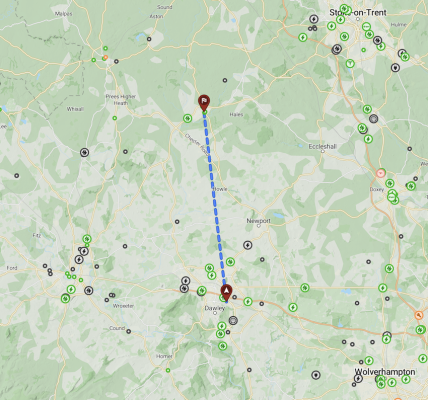- Joined
- Jan 21, 2005
- Messages
- 30,804
- Location
- Mittel England
- Car
- Smart ForFour AMG Black Series Night Edition Premium Plus 125 Powered by Brabus
I mentioned coffee and cinema because I was replying to you] post which mentioned them. The point is that an EV driver recharges when the car is parked and there’s an option to recharge which meets there needs.In the context of seeking the cheapest charging (when home charging isn't viable) fripperies like cinema and coffee don't feature. So, recharging is the event and many will resent its intrusion.
If you can charge at home or work then most people will probably charge there and choose not to charge elsewhere. If home or work is not an option then you charge wherever you park which meets your needs.
There won’t be an EV charger at every destination, but if you need to go to a supermarket and your usual one doesn’t have a charger, then someone who can’t charge at home or work can go to a supermarket which does have a charger.
Some might say that they are not prepared to sacrifice the choice of supermarkets. That’s fine, those people should just continue to drive an EV, but I they ought not say that it’s not possible because it is - they just choose not to.


